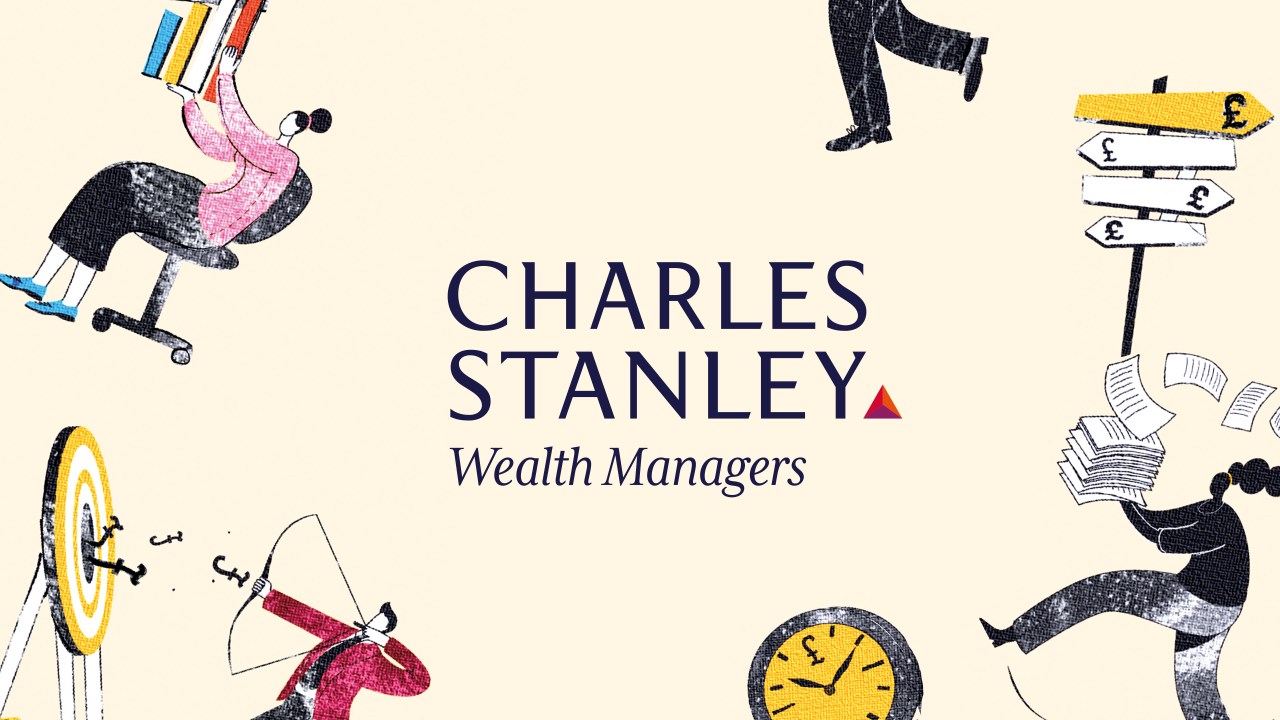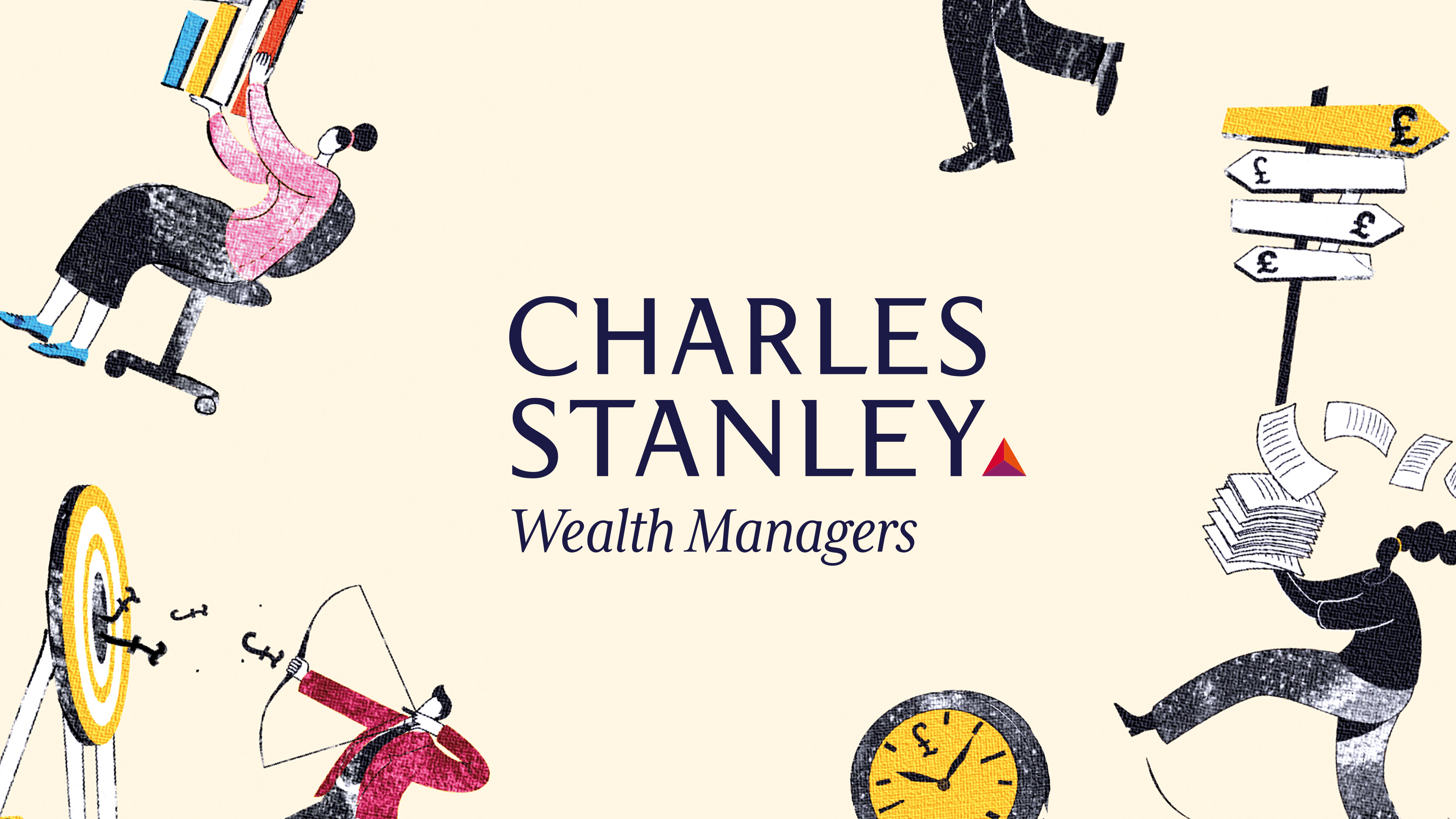Inflation may be falling, but 2023 looks set to be another difficult year for the British economy. The Spectator’s economics editor Kate Andrews sat down recently with Charlotte Lambeth, director of private clients at Charles Stanley Wealth Managers, and The Spectator’s business editor Martin Vander Weyer, for a special virtual event on Spectator TV.
They discussed how in yet another year of high inflation, low growth and general economic turbulence, you can take control of your wealth and preserve it for the next generation. Following on from that discussion, Rachel Fowler, financial planner with Charles Stanley, answers some of your questions.
How much should I keep in cash?
It’s often sensible to keep back at least six months’ worth of your income need in cash, plus any planned capital spend for the next three to five years.
How to balance retirement income against avoiding inheritance tax
Often spending more can be a great way to reduce an inheritance tax liability, however this needs to be carefully balanced with making sure your income is sustainable and that you will have enough to meet your needs over the course of your lifetime. The best way to address this is with cash flow planning.
How do I help my children to grow up wealthy? What’s the best idea you’ve seen?
There are lots of options for efficiently passing wealth down to children. Junior ISAs are a great starting point for under 18s and lifetime ISAs may be ideal for young adults; they offer a 25 per cent government bonus and are ideal for helping children on to the property ladder as well as potentially saving for retirement.
Pension contributions for children can also help ensure long term financial stability and make fantastic use of available tax reliefs. Trusts and family investment companies provide long term planning opportunities for passing significant wealth down tax efficiently and setting future generations on a course for lifetime financial stability.
How to manage investments to keep up with inflation with minimal risk.
When thinking about investing money, it is always important to take a long-term view. Before investing, it is important to think about the timescale for investing, as well as the long-term objective for the funds. Seeking professional investment advice can help increase the chances of long-term growth whilst limiting risk. Maximising tax efficiency can be the best way to get more growth over the longer term. For example, making full use of ISA allowances, pension contributions and also using all available tax allowances.
Watch the full discussion on investment management between Kate Andrews, Martin Vander Weyer and Charles Stanley’s Charlotte Lambeth:
The value of investments, and the income derived from them, can fall as well as rise. Investors may get back less than invested. Past performance is not a reliable guide to future returns. Charles Stanley is not a tax adviser. Information contained in this article is based on our understanding of current HMRC legislation. Tax reliefs are those currently applying, and the levels and bases of taxation can change. Tax treatment depends on the individual circumstances of each person or entity and may be subject to change in the future. If you are in any doubt, you should seek professional tax advice. Charles Stanley & Co. Limited is authorised and regulated by the Financial Conduct Authority.







Comments